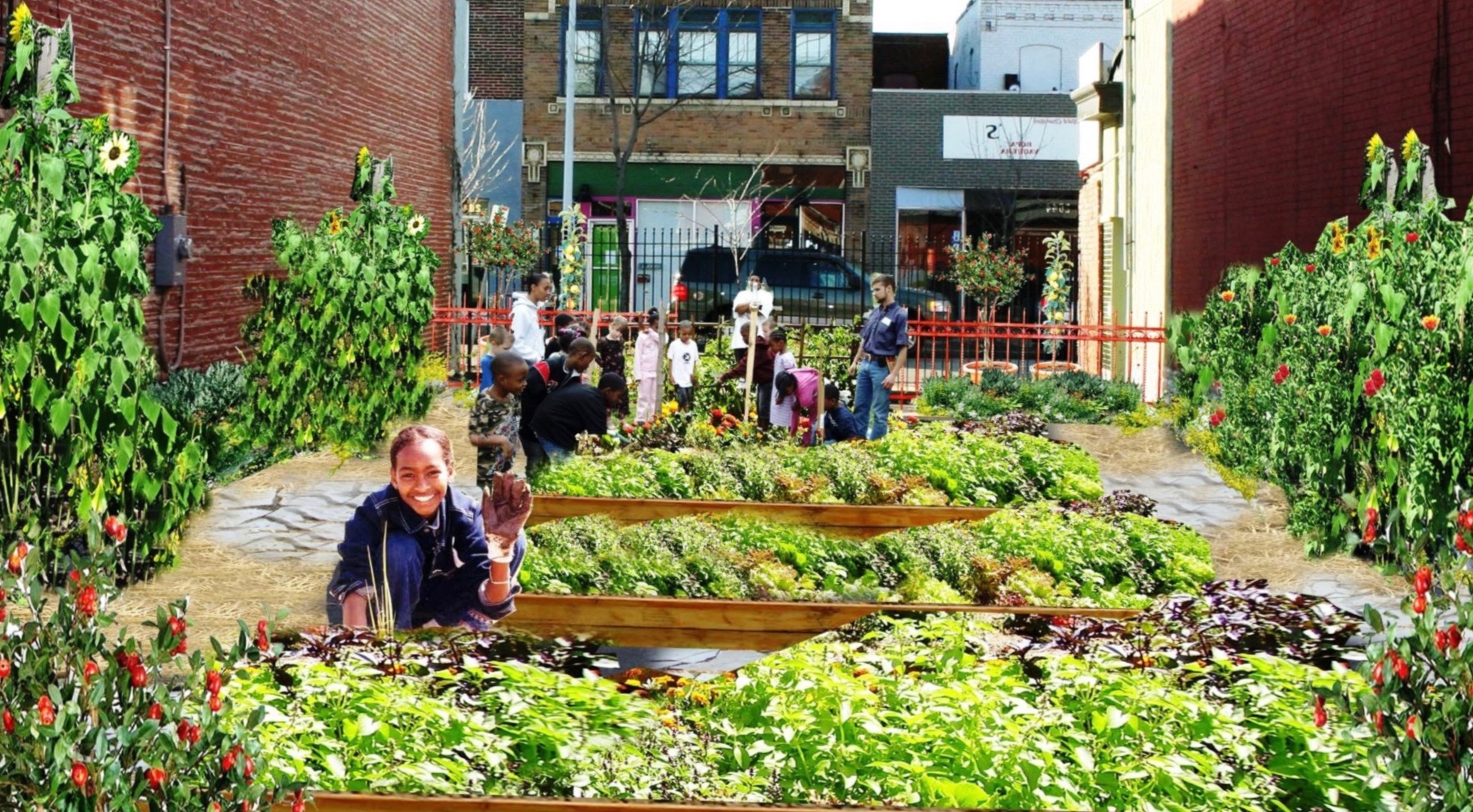Urban Gardening, Eco-Friendly Tips for Communities

Urban Gardening for Eco-Conscious Communities
The Rise of Urban Agriculture
In the heart of bustling cities, a green revolution is quietly taking place. Urban gardening is transforming concrete jungles into lush, eco-friendly oases. This isn't just about growing tomatoes on your balcony; it's about communities coming together to create sustainable and green spaces in the most unlikely of places.
Why Urban Gardening Matters
Have you ever stopped to think about where your food comes from? Urban agriculture is about taking control of our food supply, one plant at a time. It's about reducing food miles, promoting eco-friendly living, and reconnecting with nature. Plus, who doesn't love the taste of fresh, homegrown veggies?
The Power of Community Gardens
Community gardens are the lifeblood of urban gardening. They're not just places to grow food; they're spaces where neighbors become friends, where children learn about where their food comes from, and where communities can flourish. These gardens are a testament to the power of collective effort and shared vision.
Getting Started: What to Grow
You might be thinking, "That sounds great, but I don't know where to start." Well, let's begin with the basics. Some of the easiest things to grow in an urban environment are leafy greens like lettuce and spinach, herbs like basil and mint, and vegetables like tomatoes and radishes. These plants don't need much space and can thrive in containers.
Creative Spaces for Urban Gardening
Don't have a backyard? No problem. Urban gardening is all about getting creative with space. Rooftops, balconies, windowsills, and even walls (with the help of vertical gardening) can all be transformed into green sanctuaries. Check out www.urbanfarm.org for some incredible examples of innovative urban gardens.
Eco-Friendly Tips for Your Urban Garden
Now that you've got your garden started, let's talk about how to keep it eco-friendly. Composting is a fantastic way to reduce waste and enrich your soil. Rainwater harvesting can help conserve water. And choosing native plants can support local biodiversity. Every little bit helps!
Sustainable Practices for Community Gardens
For community gardens, sustainability is key. This means using resources wisely, sharing knowledge and skills, and ensuring that the garden benefits the community as a whole. It's about more than just growing food; it's about nurturing a sense of collective responsibility and stewardship.
The Benefits of Green Spaces in Cities
Did you know that green spaces in cities can help mitigate the urban heat island effect, improve air quality, and even boost mental health? They're like the lungs of the city, breathing life into our urban landscapes. Plus, they're a great place to relax and unwind after a long day.
Urban Gardening with Kids
Gardening is a fantastic way to get kids engaged with nature and teach them about where their food comes from. Plus, they'll love getting their hands dirty and watching their plants grow. It's like a real-life science experiment!
Overcoming Challenges in Urban Gardening
Of course, urban gardening isn't always a walk in the park. Space constraints, pollution, and pests can all pose challenges. But with a bit of creativity and determination, these obstacles can be overcome. Remember, every expert was once a beginner.
The Future of Urban Agriculture
As our cities continue to grow, so too will the importance of urban agriculture. Vertical farms, hydroponic systems, and other innovative technologies are paving the way for a greener, more sustainable future. Imagine a city where fresh, local produce is available to everyone. That's the power of urban gardening.
Join the Urban Gardening Movement
So, are you ready to join the urban gardening revolution? Whether you're a seasoned green thumb or a complete beginner, there's a place for you in this movement. Together, we can transform our cities into greener, healthier, and more sustainable places to live.
Conclusion
Urban gardening is more than just a hobby; it's a way of life. It's about taking control of our food supply, promoting eco-friendly living, and building stronger, more resilient communities. So, what are you waiting for? Grab your gloves, get your hands dirty, and let's grow something amazing together.
FAQs
What can I grow in a small urban garden?
- Leafy greens, herbs, and small vegetables like tomatoes and radishes are great for small spaces.
How can I start a community garden?
- Start by gauging interest in your community, then look for available space, and finally, plan and organize your garden with your neighbors.
What are the benefits of urban gardening?
- Urban gardening can improve food security, promote eco-friendly living, and build stronger communities.
How can I make my urban garden eco-friendly?
- Composting, rainwater harvesting, and choosing native plants are all great ways to make your garden more eco-friendly.
What if I don't have any gardening experience?
- Don't worry! Everyone starts somewhere. There are plenty of resources available to help you learn, and remember, practice makes perfect.
0 Response to " Urban Gardening, Eco-Friendly Tips for Communities"
Post a Comment